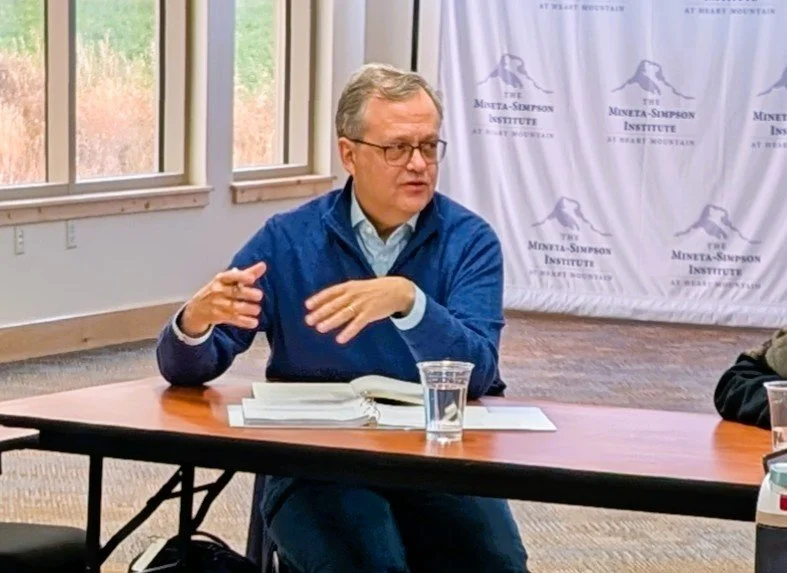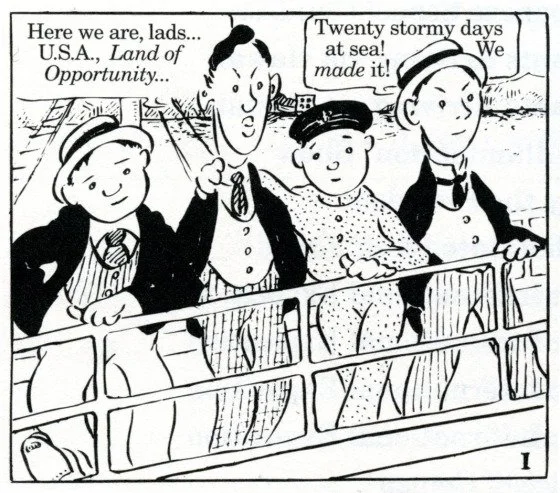The Seminar Leader
Leading the “Lawyers in Justice, Lawyers’ Injustice” seminar is Eric L. Muller, the Dan K. Moore Distinguished Professor in Jurisprudence and Ethics at the University of North Carolina School of Law. An internationally known expert on the wartime imprisonment of Japanese Americans, he has published four books, many articles, and a podcast on this historical period and has won teaching awards at two law schools. He led the creation of the award-winning core historical exhibit at the Heart Mountain Interpretive Center.
The curriculum
As the seminar is a professional development experience, not a history seminar, it zeroes in on the lawyers who worked in various ways to develop, defend, and administer the mass removal and imprisonment of Japanese Americans. You’ll encounter such prominent wartime lawyers as US Solicitor General Charles Fahy, Assistant Attorney General Herbert Wechsler, and Justice Department attorneys Edward Ennis and John Burling.
At least as important, though, are the lower-level lawyers who helped run the camps as their “Project Attorneys.” These men, charged with the duel and conflicting roles of advising both the camp’s leadership and the Japanese American prisoners, encountered constant dilemmas of ethics and conscience.
You’ll read the first manga ever published in the United States, short stories, scholarly articles, and historical fiction. You’ll watch and discuss award-winning documentary films. And you’ll learn from content experts on the staff of the Heart Mountain Interpretive Center.
For law schools
The American Bar Association recently added to its law school accreditation requirements the obligation for a law school to provide students with “substantial opportunities” for “the development of a professional identity.” Standard 303(b).
“The development of professional identity should involve an intentional exploration of the values, guiding principles, and well-being practices considered foundational to a successful legal practice.”
The “Lawyers in Justice, Lawyers’ Injustice” seminar presents law schools with the chance to provide just such an opportunity to a select group of students. With its unique historical approach, it allows students to spend several full days in deep reflection on the values and commitments they want to animate their lives as lawyers. The seminar can add a meaningful item to the menu of opportunities a law school offers its students in compliance with Standard 303(b).
Want to know more?
Would you like to know more about the experience?
Curriculum? Accommodations? Travel?
Drop a line!





